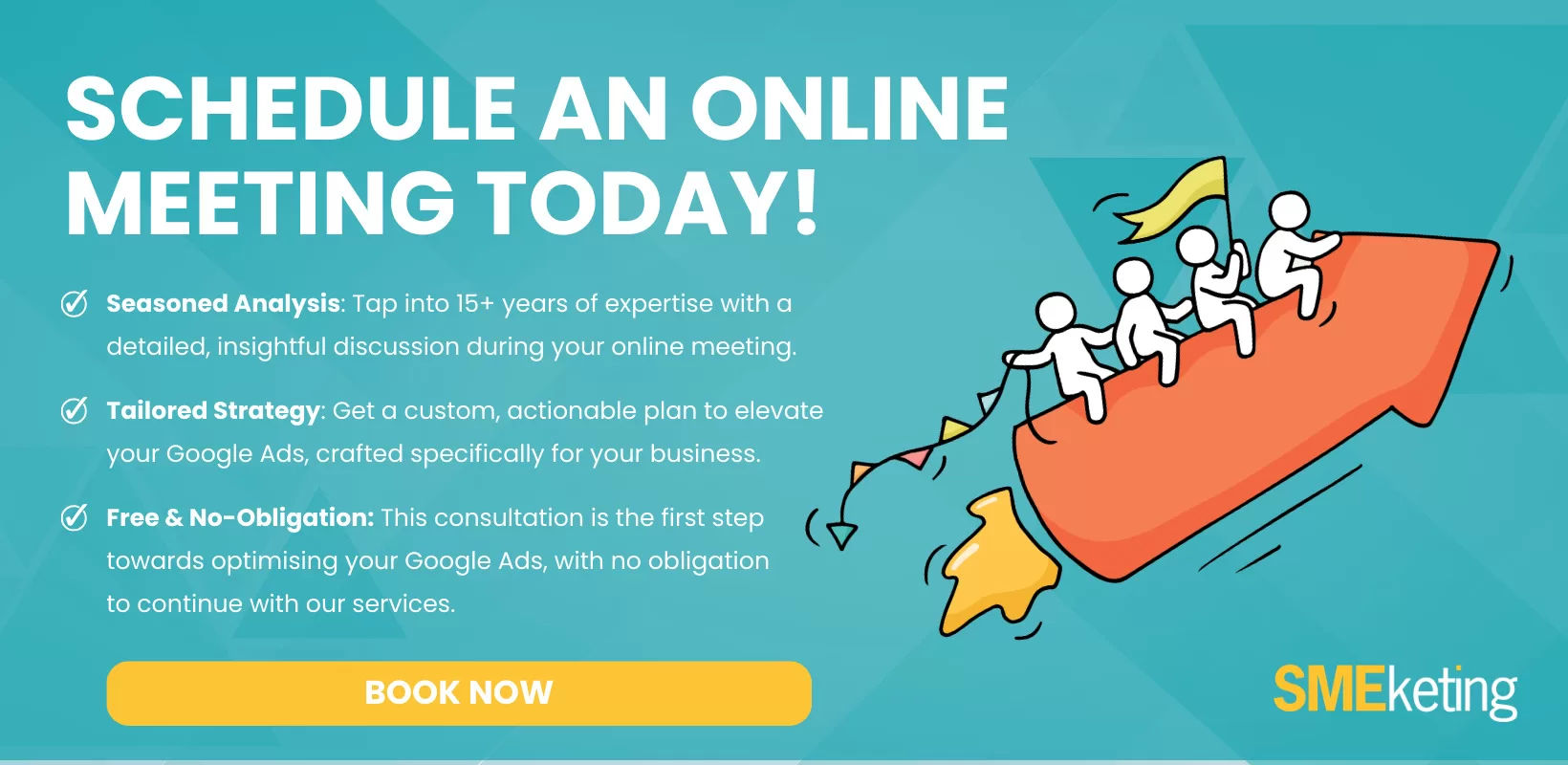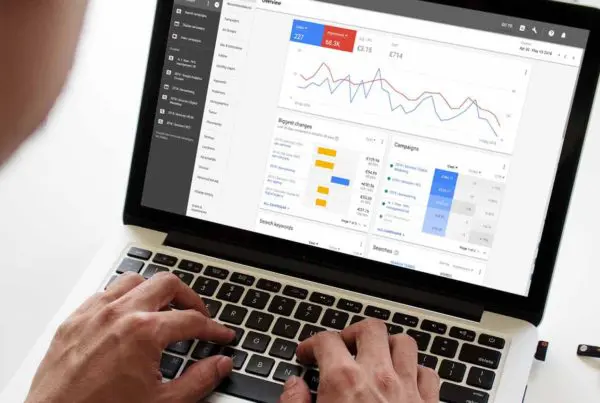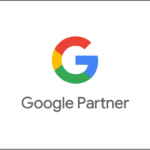Google Ads is about one thing: maximising your return compared to your ad spend. You want to ensure every penny and pound you spend delivers you the most revenue and profit. There are two ways to achieve this goal:
- Optimise your campaigns to maximise your conversion rate, altering the ad copy, keywords, and landing pages to see a boost in sales.
- Decrease your cost-per-click spending while maintaining your conversion ratio.
Decreasing your cost-per-click (CPC) typically means a lower impression and click rate. While businesses are tempted to lower their bid, it’s likely to, in turn, impact their conversion ratio – defeating the objective.
Is there a middle ground? Can businesses investing in Google Ads lower their ad CPC costs without dropping their conversion numbers? Yes! Here’s how.
How is cost-per-click calculated
Google Ads uses a simple calculation to determine your cost per click. Here it is:
The next highest bidder will be given the ad slot if the final cost-per-click is above your maximum bid. As you can see, your CPC is heavily determined by your competitor’s ad rank, your maximum bid, and your quality score.
We can see you control two out of three metrics. However, as discussed, lowering your maximum bid will hurt your conversions. That leaves your Quality Score – a fantastic way to reduce the price of CPCs while also ranking higher.
In addition, the keywords you choose also determine your overall CPC advertising spending. The more competitive the keywords, the more you’ll spend. In fact, novices can often find their entire month’s Google Ad advertising budget is blown by a few extortionate keywords – it’s a nasty surprise!
Let’s see how to reduce your Google Ad CPCs:
How to decrease your cost-per-click
1. Consider your keywords
Keyword research is critical to reducing your CPC. Indeed, it’s the most impactful factor determining your monthly Google Ad advertising spend. Going after highly competitive keywords can mean more traffic reaches your site, but it does so at a high cost.
Think about it – cutting out an expensive keyword could mean you can afford several less competitive keywords that produce a similar conversion ratio. In contrast, if you’ve got one high-converting keyword, you may want to slim down your keyword list to increase your bids on the keyword producing the greater ROI.
It’s all about balancing competition and cost.
2. Use negative keywords
Negative keywords are search terms you don’t want to be shown for. Chronically underappreciated by Google As advertisers, negative keywords can see your average CPCs drop while improving your conversion ratio.
Negative keywords can be thought of as keywords without any intent for your business – for example, your competitors’ names, which can be exceedingly expensive.
You should regularly track your search terms report, identify negative keywords, and add them to the list. Doing so will gradually reduce your average CPC while boosting your conversion ratio.
Eliminating negative keywords is particularly applicable to Google Ad marketers using a broad match approach. If you’re focused on normal and long-tail keywords in phrase match and exact match types, you’ll find negative keywords less relevant – though it’s still important to add them to the list.
3. Maximise your quality score
Your Quality Score has a significant impact on your cost-per-click. What is it?
The Quality Score is a number between 1 (worst) and 10 (best) that judges how relevant your ad, keywords, and landing pages are to the person seeing the ad. We sometimes forget Google’s objective is to match searchers with the site or data they’re after, not the other way around.
It’s up to you to ensure your landing page, keywords, and ad is in sync to reduce your ad costs. Your Quality Score is determined by a myriad of factors, including your Click-Through Rate (CTR).
To boost your Quality Score, increase your CTR, ensure your ad and keywords match (keyword relevancy), and your landing page is relevant to your keywords (landing page experience). For example, if a person searches for walking boots, they don’t want to see your ad for road running shoes. Nor do they want to click on an advertisement for walking boots and end up on your home page; they want to end up on a product page.
4. Think geographically
Most businesses aren’t interested in reaching the world. If you’re a backpack producer in Brighton, impressions from Amsterdam probably aren’t valuable to you. You can go to your advanced campaign location setting and set it to show for “people in my targeted location” only.
Conversely, if you’re noticing a particular geographic region, say Manchester, is converting more than surrounding areas at a lower cost, you’ll want to raise your bids in that area.
5. Be smart with keyword matching
The best Google Ad campaigns used to contain a single keyword with three different match types: broad match, phrase match, and exact match. The theory was, that the more granular the campaign, the less ad money you’ll waste on clicks that don’t convert.
For example:
- Broad match: walking boots
- Phrase match: “men’s walking boots”
- Exact match: [men’s walking boots]
We called these “single keyword ad groups” (SKAGs).
However… Google’s understanding of language and intent now means that sometimes the best ad groups just have an exact match keyword and the same as a broad. We used to generally think broad match was the devil… and it was! But now, not so much. You may find that your broad match keywords cast the net wide enough to capture a range of relevant visitors (just make sure you’re keeping that negative keyword list updated), whilst your exact match keywords target those visitors exactly (generating a lower CPC and higher CTR and generally higher conversion rates).
However, if word order is important to you, skip broad and use Phrase and Exact instead.
It’s a lot of work. But it is worth it!
I hope I’ve given you some good tips here on how you can reduce your CPCs. If a lot of this article was gobbledygook and you just think it would be better that someone else did all this for you, then get in touch!
- How to Do Keyword Research for Google Ads - January 15, 2024
- A Comprehensive Guide to Google Ads for B2C Businesses - January 8, 2024
- How to Write Calls to Action (CTAs) for Google Ads - December 25, 2023









